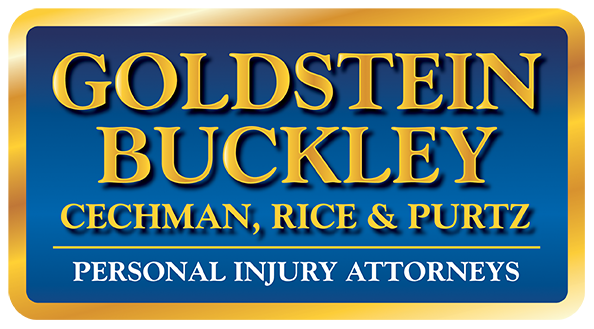Biking? You may need more than a helmet. In December, news media reported that Fort Myers Mayor Randy Henderson broke some ribs and punctured his lung after falling off his bike. In 2014, longtime television meteorologist Jim Reif died after sustaining head injuries from a bike accident.
It was an important reminder that bicycle accidents can happen to anyone. If you received a bicycle for Christmas and are looking forward to riding in the cooler weather or are hoping to cycle to meet your new year’s exercise goals, take care.
With weather conducive nearly year-round for bike use, Florida has a high number of cyclists. It also has a lot of motor vehicles and visitors who are not as familiar with area roadways, which may be why Florida has the highest number of bicycle accident deaths in the United States.
Biking? You May Need More Than a Helmet
In 2018, there were 6,568 reported bicycle crashes in Florida, resulting in 148 deaths and 6,175 injuries. For the first quarter of 2019, preliminary data reported 1,695 bicycle accidents statewide with 40 fatalities and 1,588 injuries. Many bicycle accidents go unreported, so the number are likely higher.
Many bicycle accidents are caused by mistakes made by both bikers and motorists, with most fatalities caused by one or the other failing to yield the right of way. The Department of Florida Highway Safety and Motor Vehicles notes these tips for motorists sharing the road with cyclists:
- Drivers must give bicyclists a minimum of three feet of clearance when driving alongside or passing them. It’s the law.
- When turning, yield to any bicyclist in the bike lane and make your turn behind them.
- Avoid using high beam headlights when a bicyclist is approaching.
- Before opening a car door, check for bicyclists who may be approaching from behind.
In Florida, the bicycle is legally defined as a vehicle and has all the privileges, rights and responsibilities on public roads (except for expressways) that a motor vehicle operator does. When it comes down to a 20-pound bicycle versus a 3,000-plus pound automobile, however, it’s necessary for cyclists to be vigilant about their own safety. The Department of Florida Highway Safety and Motor Vehicles suggests bicyclists should:
- Obey all traffic controls and signals.
- Not ride a bicycle under the influence of alcohol or drugs.
- Stay alert – do not text or wear headphones or ear buds, so you can hear everything around you.
- Use the bike lane if you are not traveling at the speed of other traffic. If no bike lane is available, you must stay on the right-most side of the road.
- Use the full lane when making a left turn, passing, avoiding hazards or when a lane is too narrow for you and a car to share it safely.
- Use directional hand signals to show other drivers that you are about to turn.
- Yield the right-of-way to pedestrians on a sidewalk or crosswalk.
- Have a white light visible from 500 feet on the front and a reflector and red light visible from 600 feet on the rear between sunset and sunrise.
- Wear neon or fluorescent colors and something reflective when riding, day or night.
- Wear a helmet. Bicyclists under age 16 are required to wear helmets.
While following the above safety tips will help ensure safer cycling, there is no way to eliminate the risks involved in riding a bicycle. If you are in a bike accident with a motor vehicle or another cyclist, be sure to get medical attention. You’ll also want to make sure the accident has been reported to police so there is a record.
After the accident, it’s important to attempt to preserve your damaged bicycle and document the scene of the incident with photographs, including vehicles and any tire marks or other roadway evidence. The nature of the damage and evidence will help tell the story of who was at fault for the accident.
An insurance investigator or claims adjuster may contact you regarding your claim. Unless you have discussed your case with an attorney, do not give a written or recorded statement or sign any releases for the insurance company. The claims adjuster works for the insurance company, and it’s the adjuster’s job to settle claims for the lowest amount possible, which is often less than many claims are worth.
If you or someone you know has been injured in a bicycle accident due to the negligence of a motor vehicle driver, seek advice from an attorney experienced in personal injury cases. An attorney can advise you of your rights, help make sure you are receiving any required medical treatment needed and investigate your case.
